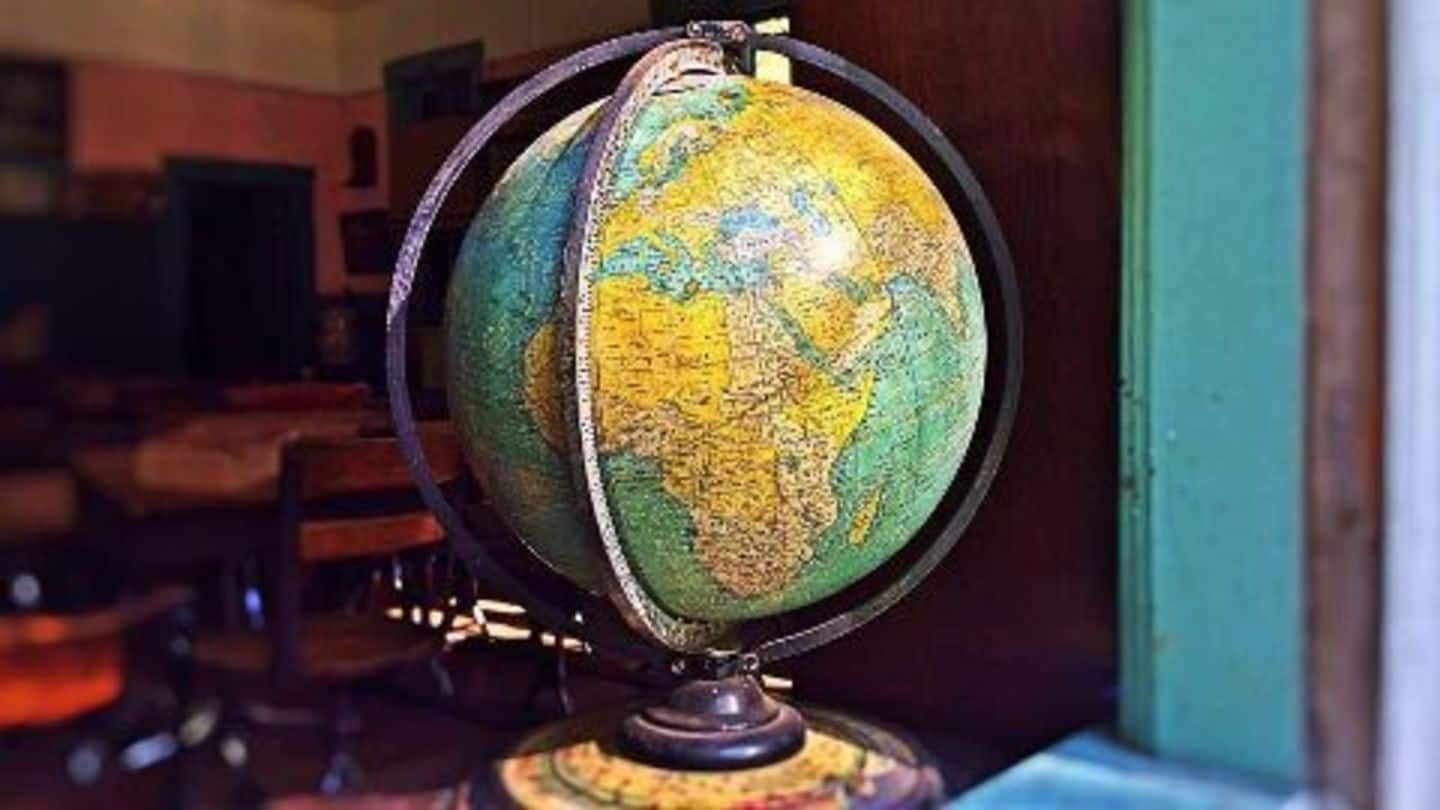
2015: Terrorism, natural disasters, and progress
What's the story
The year 2015 was significant in world politics. The war in Syria and Iraq created a surge of refugees into Europe, triggering an international wave of anti-Islamic vs pro-Islamic protests. Terrorist attacks in major capitals of the world, combined with unprecedented natural disasters made headlines across the world. A historic climate accord and progressive policy decisions by many countries depicted remarkable progress this year.
Migrant Crisis
Syrian crisis triggers wave of migrants to EU
Europe's refugee and migrant crisis escalated during the summer, leaving the continent divided over how to deal with the flood of people fleeing the war in Syria. A number of migrants drowned while attempting to enter EU, leading to widespread condemnation of EU's approach to the crisis. Several protests were held across the EU in support of and against the migrant influx.
Terrorism
Terrorism rears its ugly head
On 7 January, terrorists killed 11 people and injured 11 others at the office of the satirical newspaper Charlie Hebdo in Paris for mocking the Prophet Mohammed in cartoons. In June, ISIS terrorists killed over 30 people in a Tunisian resort, targeting western Tourists. In November, over 130 people were killed and over 350 were injured in co-ordinated bomb and gun attacks in Paris.
Disasters
An earthquake, a stampede and an epidemic
In April, an earthquake and a series of aftershocks rocked Nepal killing over 9000 people and displacing thousands. In September, a stampede caused the death of at least 2,236 pilgrims during the Hajj pilgrimage in Mecca. In December, Brazil declared an emergency reeling under an outbreak of the Zika virus. All three disasters were the worst of their kind ever recorded.
Iran Deal
Iran and world powers sign historic nuclear deal
In July, Iran and the P5+1 countries reached a landmark nuclear deal that would lift long standing economic sanctions on the Shia majority country. The end of sanctions, eased global oil prices as Iran began to resume full scale oil production. The deal sought to ensure that Iran's nuclear weapons program was put on halt, narrowly avoiding a nuclear arms race in West Asia.
Climate Deal
COP21 ends with historic climate accord
At the Paris Climate Summit, world leaders unveiled a landmark global climate accord to deal with climate change. 200 nations agreed to new binding targets for limiting the rise in global temperatures (less than 2°C). A $100 billion/year funding was approved for developing nations to adapt to new technologies and a periodic review system was established to monitor carbon cuts pledged by countries.
Ebola Stopped
WHO declares end of the deadly Ebola outbreak
In 2015, Guinea, Liberia and Sierra Leone had broken the chain of Ebola infections that wreaked havoc among their populations, and triggered a massive international response backed by the WHO. Sierra Leone and Liberia's outbreaks were officially declared over in early 2015, while Guinea recovered from the outbreak in late December. The disease took 11,300 lives, jumped borders and spread panic around the world.
Progress
LGBT rights, democracy and progress
In November 2013, China announced the decision to relax the one-child policy allowing families to have two children if one parent is an only child. Myanmar's League for Democracy party secured a parliamentary majority in polls held in November, ushering a new wave of democracy in the former military junta. In December 2015, Greece officially recognized same-sex partnerships, a huge victory for LGBT rights.
Information
The International Year of Light
The UN declared 2015 to be the International Year of Light, commemorating the 100th anniversary of the formulation of Einstein's Theory of General Relativity which predicted that light is deflected by gravity.